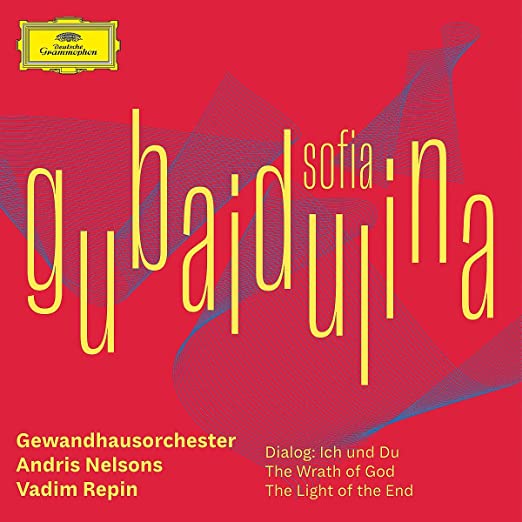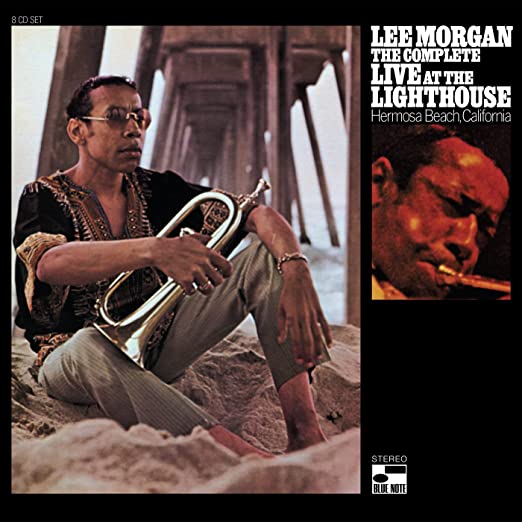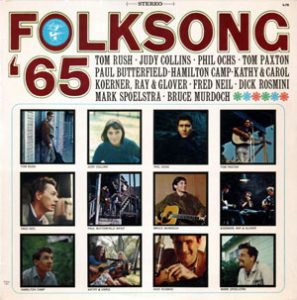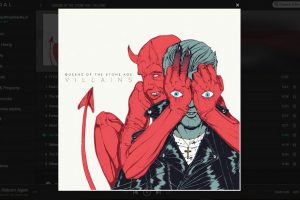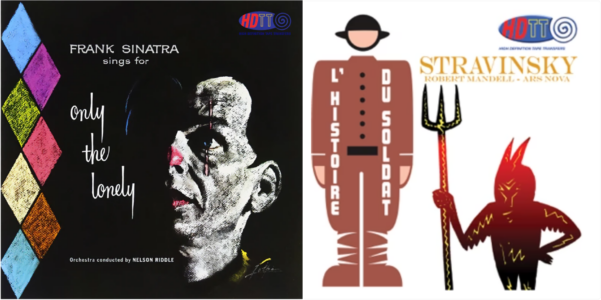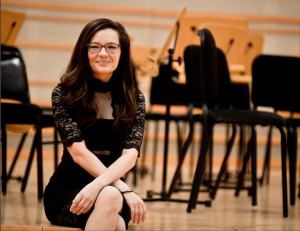
Dieterich Buxtehude. Complete Vocal Works, 10 volumes (17 CD's). Ton Koopman. Amsterdam Baroque Orchestra and Chorus. Challenge Classics.
In my long, lost youth, while dating one of three lovely young roommates in the magical Sixties of Cambridge, Massachusetts (all of us in our early twenties), one of the other two announced to us that her upcoming wedding, to which she made it clear she was not especially looking forward, would only be redeemed by the generous amount of Buxtehude she planned to have performed. A great many years elapsed before I took her point. I wish I could track her down now and thank her for planting the seed.
Buxtehude is a great early baroque treasure whom only Bach himself seems to have fully appreciated. It is reported JSB in his late teens walked 200 miles to hear him play his own music on the organ. His music for solo organ, chamber, and voice comprise a major oeuvre, which but for the herculean efforts of Ton Koopman and his people would likely be a good deal less known than it is today. Koopman has just completed a 10 volume set of the complete vocal works (which is only a portion of the entire oeuvre which he has recorded). I have been listening to the albums pretty much as they've been issued over the past decade and have yet to be disappointed. Buxtehude's vocal works are less monumental than Bach's—and less Lutheran! They have a quality that favors interest and imagination over grandeur. There is a late renaissance sound to them, including much close harmony which by its nature yields a piercing intensity.
Koopman's northern European style gave his set of the JS Bach cantatas a slightly dour feel (compared with Brit Gardiner's for example). But it feels entirely natural with Buxtehude, whose sense of joy and light rise to meet it. Soloists, choir (twenty), and musicians (10-14) are all extremely effective in bringing out the unique qualities of this music. The generally small number of musicians keeps the voices in the foreground but the whole never feels especially 'light.' We are able to hear each of the individual voices clearly. The chamber organ and violins are delicious.
Does JS Bach unfairly affect how we hear Buxtehude? Does Beethoven affect how we hear Schubert, Schumann, and Mendelssohn? Of course, that is what all major composers do. But perhaps less now for Buxtehude as Koopman has helped us rediscover him. Overall, I consider this set as a great example of music making and recording and urge it upon you.

CPE Bach, Solo Keyboard Music, Vol. 29 [and still coming!] Miklos Spanyi. Bis Records. BIS 2046.
Carl Phillipp Emmanuel Bach, second son of Johan Sebastian, is a similar case. I have written about this series of his solo keyboard music on several occasions and have come out casting him, perhaps overly so, as a transitional figure between the music of his father and that of the classical period which he both presaged and mid-wifed. What I haven't spent much time on is his own sound and style. What identifies him as more than a bridge.
Compared with Bach, we feel less sense of a foundation beneath the melody with Emmanuel. Less insistence on structure and discipline, freer thought? More prosy than poetic, more rumination than prayer, more whimsy and flirtation with discontinuity. There is no sense of a revolt going on, just a loosening of the stays here and there, enough to give us a sense there is less authority present. CPE likes to play with pauses... which inject doubts... about what he's going to say next. In sum, Emmanuel's keyboard music offers a different kind of pleasure than his father's. It is less reassuring, less predictable; more amusing, diverting, more variable in mood. It can be, to flirt with critical heresy, equally enjoyable, which is the final test. How else could I justify having bought the first 29 volumes of the series?!
One of the most interesting features of the project is the instruments. Spanyi, who has also recorded Emmanuel's entire keyboard concerto output, chooses harpsichord, clavichord, or tangent piano depending on his sense of their suitability for the music. So we get a fascinating array of keyboard sounds in addition to lots of CPE. Spanyi plays the clavichord on this recording. I'm told by BIS, Spanyi expects there to be another dozen or so to complete the project.

Wu Han Live. Bach, Haydn, and Mendelssohn. Artistled CD's.
Where to start in writing about this 'live' recital of music for piano by Wu Han taken from the 2003 and 2010 Music@Menlo concerts? I'll begin by talking about ArtistLed, the project created and maintained by cellist David Finckel, Wu Han, and recording engineer (and violinist) Da-Hong Seetoo. In a world where far too many hands, ears, and interests are invariably involved in every music recording we hear, an attempt to control it all: to choose the music, to play the music, to record the playing of the music, and to produce the CD. To maintain imaginative and technical control throughout. Wu Han Live is the latest of the many fruits of the project and it is magic. Sonically it is representative of Da-Hong Seetoo's superb work: clear, resonant, present. State of the much neglected art of making stunningly natural sound. Reminiscent of the work of Tony Faulkner, I'll have to say.
Aesthetics is the other thing to talk about here. Wu Han is a luminous player of the piano, a mistress of invisible performance. If we look, as a reviewer feels he must, for the distinctive voice of the pianist, something we can write about, we are continually confronted instead with the music she plays. Her much admired Songs Without Words by Mendelssohn sounds nothing like her Bach French Suite No. 5 nor her Haydn Concertino. Each performance feels like a luminous entrée into its composer. To paraphrase what she said in a video made with her husband David Finckel for the Chamber Music Society of Lincoln Center (of which they are the directors), a musician should feel that each work she sits down to play is the only work in the world. That is what we hear from her here.
We say this kind of thing about musicians of the second rank, those without sufficient genius to have a point of view. But we also say it about those able to create definitive performances that rise above point of view. Wu Han has always struck me as that rare performer who can free the music from her hands, enabling us to hear around and through her to the music she plays. She makes reviewing her a difficult task.
At the time of this writing, I am a night away from hearing her and Finckel in Amherst College's Buckley Recital Hall. Lucky me.
Equipment used for this audition: Resolution Audio Cantata CD player/music center, Blue Circle O22i solid state integrated amplifier, Jean Marie Reynaud Offrande Supreme, V2 loudspeakers, Crimson cabling, Volex power cords.
Bob Neill is a former equipment reviewer for Enjoy the Music and Positive Feedback. Since 2004, he has been proprietor of Amherst (MA) Audio, which sells equipment from Audio Note (UK), Blue Circle (Canada), Crimson (UK), Jean Marie Reynaud (France), Resolution Audio (US), and Tocaro (Germany).






